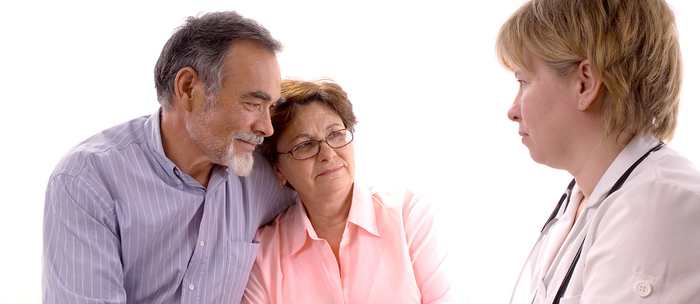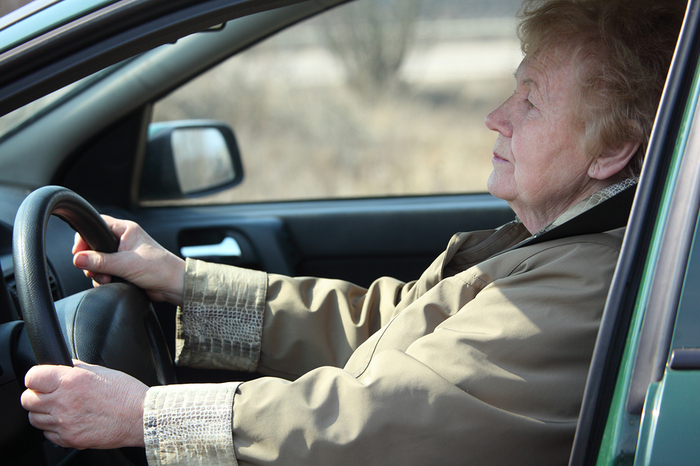
If you’ve ever been around someone who has fainted—or if you’ve ever fainted yourself—you know it’s a frightening ordeal. Clinically known as “syncope” (pronounced SIN-co-pee), fainting is not only much more common in older adults but also associated with a reduced survival rate—and therefore of particular importance for senior caregivers. Here’s a closer look at syncope, along with what all caregivers need to know about caring for someone with this condition.
About Syncope
According to “Syncope in Older Adults” published in the academic journal Geriatrics and Aging, “Syncope is defined as a transient and sudden loss of consciousness with a loss of postural tone. Patients with syncope constitute up to three percent of all emergency visits and one to six percent of all hospital admissions in North America. Patients over 70 years of age have a much higher rate of syncope than their younger counterparts and represent the majority of patients hospitalized with syncope. Unless it is vasovagal, syncope is related to decreased survival.”
When people experience syncope—or “faint”—they lose consciousness and become unresponsive while their muscles go slack. Prior to this, some people feel dizzy or hear a buzzing sound in their ears. While most people recover spontaneously on their own from a fainting episode, there is cause for concern for several reasons. For starters, syncope is not a disease in itself but may be indicative of a more serious problem. Additionally, injuries can occur during the episode.
What Causes Syncope?
Syncope results from a temporary loss of blood flow to the brain. While some causes are harmless, in other cases it can be life-threatening. In seniors, orthostatic hypotension (a sudden drop in blood pressure) reflex syncope (a side effect of carotid sinus syndrome), and heart disease are the most common causes of fainting. Conditions of the brain and nervous system, dehydration, and polypharmacy are all associated with syncope, according to HealthinAging.org.
If someone for whom you’re caring has a fainting spell, immediate follow-up with his/her healthcare team is important as this can help determine any potentially dangerous underlying conditions. Based on a physical exam and patient history, the healthcare team will identify the most appropriate tests aimed at determining the cause of the episode. Tests may include blood pressure measurement, evaluations for heart disease, and a “tilt-table test,” which tracks changes in symptoms in positions ranging from lying down to upright.
In some cases, the provider will not be able to ascertain the cause. While this can be disconcerting, it’s also good news as it most likely means the condition is not severe.
Syncope Treatment and Management
Because syncope has many causes, treatments are equally diverse. In some cases, it may be as simple as making changes to medications, while heart-related factors may mandate aggressive medical interventions, such as a pacemaker.
When syncope is caused by orthostatic hypotension, the healthcare provider may recommend simple changes to reduce the risk of fainting, including wearing compression stockings, sitting for a while and/or exercising your legs before getting up in the morning, elevating the head of the bed, and increasing salt intake. Furthermore, if your aging loved one’s syncope is linked with a certain “trigger,” avoiding these can also mitigate the risk of fainting episodes.

If someone for whom you’re caring starts experiencing syncope, some lifestyle changes may also be in order. Depending on the circumstances and the laws of the state in which you live, driving may also be prohibited. Additionally, avoiding stairs and hard surfaces and implementing basic fall prevention precautions can reduce the risk of sustaining injuries during an episode.
mmLearn.org offers a large library of free videos for caregivers of older adults, covering topics pertaining to senior care. Whether you are a healthcare professional or a family caregiver, if you are caring for an older adult we know that you will find mmLearn.org an essential learning and guidance tool for all of your caregiver training needs. For more free caregiver training materials, access our database of free online caregiver videos today.
